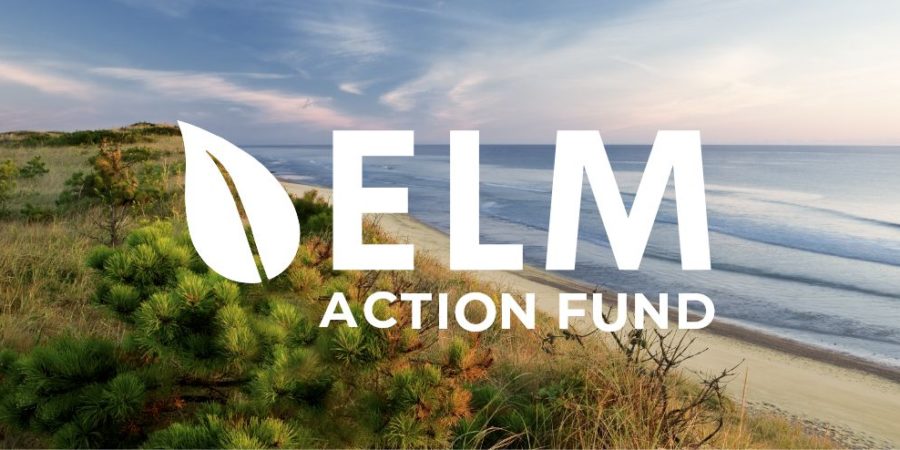Last week the Baker-Polito Administration released a rigorous, clear-eyed analysis of the pathways to a net-zero economy by 2050. Their report makes it plain that with smart policy and good planning, we can unlock tremendous potential benefits for climate, economy and human health.
ELM is pleased that responsibly-developed offshore wind is rightfully centered as a critical, low-cost workhorse in this clean energy transition. We also appreciate needed attention to the building sector and the complex but necessary drawdown of natural gas. Recognizing we are entering a critical decade for climate action, ELM had vocally advocated for strong interim targets for emissions reductions — at least 50% in 2030 and at least 75% in 2040. The Administration has chosen a 45% reduction, instead of at least 50% in 2030. Given the urgency of the climate crisis, this is not bold enough. Aggressive targets can spur innovation and will put us solidly on track to reach net zero by 2050. Despite this, there is much to commend in this work. This is a roadmap for decarbonizing the Commonwealth with manageable net costs and outstanding co-benefits.
